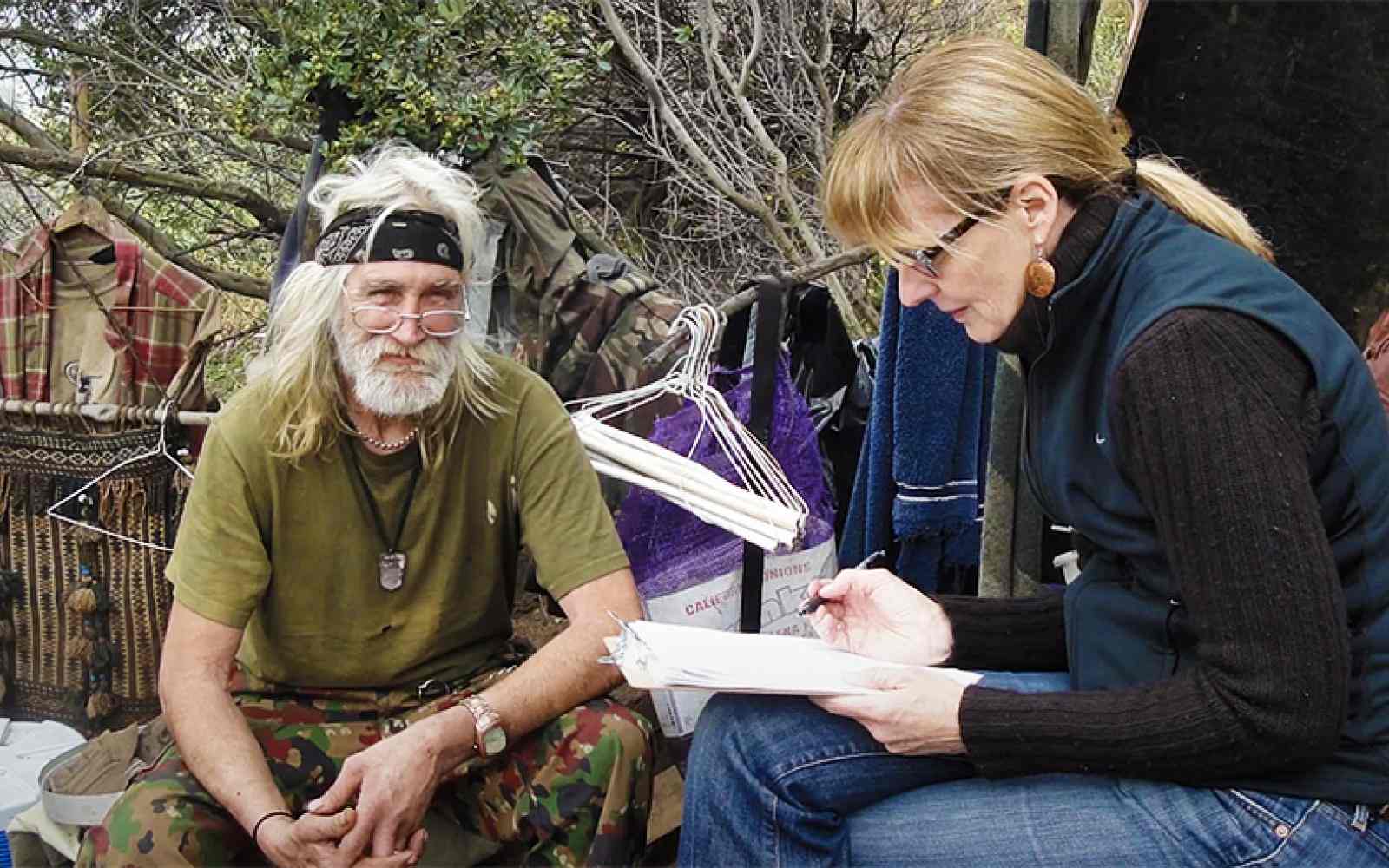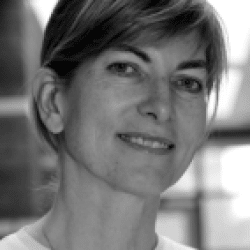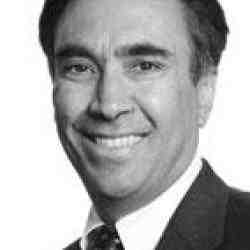
Ashoka Fellow Rosanne Haggerty's Community Solutions is Awarded $100 Million to End Homelessness
The MacArthur Foundation today awarded a $100 million grant to Ashoka Fellow Rosanne Haggerty's Community Solutions to accelerate an end to homelessness in 75 U.S. communities in five years. The Foundation’s Board selected Community Solutions from six finalists in 100&Change, MacArthur's global competition to fund a single proposal that promises real and measurable progress in solving a critical problem of our time. One of the other five finalists was Ashoka Fellow Sanjeev Arora's Project ECHO. Community Solutions will use the $100 million grant to implement and scale Built for Zero, its data-driven public health approach to accelerating an end to homelessness. Ending homelessness has the potential to strengthen communities, improve health outcomes, and enhance economic well-being. The project will change the norms around homelessness, treating it as a solvable public health crisis. Fifteen communities have already functionally ended chronic or veteran homelessness, using Community Solutions’ approach, and it aims to make this goal achievable and expected in any community by 2026. Ashoka Fellow Sanjeev Arora's Project ECHO was one of five runners-up for the $100 million grant from the MacArthur Foundation.
Ashoka insight
The Covid pandemic is exposing cracks in numerous public systems—including health care, finance, and housing. In fact, says Rosanne Haggerty, founder of Community Solutions and a global expert on homelessness, the three are closely linked. Before Covid, homelessness was an epidemic on its own. Now, with 40 million Americans newly unemployed, a crisis looms, and Rosanne sees a historic opportunity to end homelessness once and for all. We spoke with her about the challenges and opportunities facing America, and what new mindsets are needed and possible. Read more in this Ashoka interview with Rosanne Haggerty . . .

